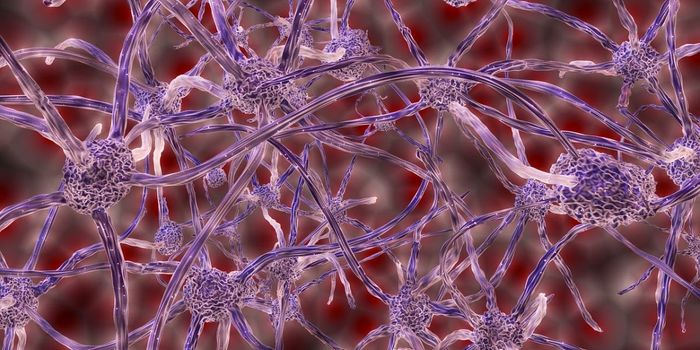Distracted Eating Linked to Hedonoic Compensation Later on
Distraction during meals through watching videos or other entertainment is linked to less enjoyment and satisfaction. It may also trigger compensatory overconsumption of pleasurable activities later on. The corresponding study was published in the Journal of Personality and Social Psychology.
Hedonic overconsumption is characterized by the overconsumption of gratifying behaviors such as eating and gaming. In the current study, researchers investigated whether distraction during meals affects consumption patterns later on.
To do so, they first recruited 122 mostly female participants aged between 18 and 24 years old. Particpants were asked how much they expected to enjoy their lunch before being asked to eat it in in one of three conditions: without distraction, with moderate distraction (watching a video) or high distraction (playing tetris).
After eating, the participants reported how much they ate alongside how much they enjoyed their meal, satisfaction, desire for further gratification, and snacking later on the in the day.
Ultimately, the researchers found that those who ate while distracted reported less enjoyment and satisfaction. This was, in turn, linked to increased snacking later on and a higher desire for further gratification.
The researchers called this effect 'hedonic compensation' and noted that it likely applies to other activities too. For example, being distracted while watching a movie may lead to more consumption of gratifying activities later on- such as checking social media- to compensate for lost enjoyment.
The researchers next followed 220 participants aged 18 to 71 years old for a week to investigate the effects of hedonic compensation beyond food. Participants completed seven brief surveys per day on their smartphones detailing their hedonic consumption, distraction and satisfaction.
Researchers again found that more distraction during pleasurable activities was linked to less enjoyment and satisfaction of the activity or product than previously hoped for, alongside a higher need for gratification later on.
“Overconsumption often results due to a lack of self-control. However, our findings suggest overconsumption may also often be driven by the simple human desire to reach a certain level of enjoyment from an activity. When distraction gets in the way, it’s likely we may try to compensate by consuming more," said lead study author Stephen Lee Murphy, PhD, of Ghent University, in a press release.
The investigators are planning further studies to confirm the existence of a hedonic compensation effect. If confirmed, they plan to apply interventions to help people pay more attention to what they consume and lower overconsumption later on.
Sources: Neuroscience News, Journal of Personality and Social Psychology









